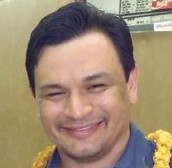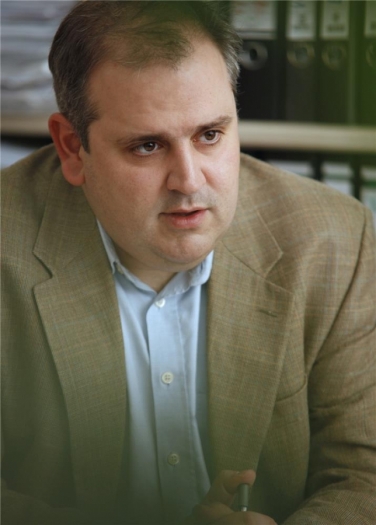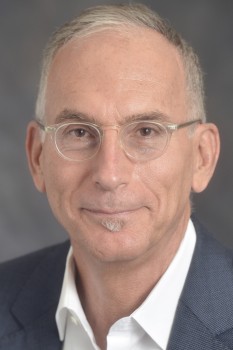"R 4 Stata Users"
This workshop is a brown bag forum. Participants are encouraged to bring in tangible questions they wish to explore using R. To serve as a background road map, the instructor will provide an abbreviated sample of what he thinks are the most useful features of R. However, the goal is to have participants ask questions that the collective group can figure out using R. Any R question is fair game, for example: questions about fundamental R concepts or even questions about how to run Stata-equivalent R commands. Participants will be provided access to Rstudio, so please bring a laptop.
This CCPR brown-bag is intended to be an open forum that complements the 3 great resources below. Please see the resources, especially the first one.
1) 10 minute demo: interactive call–response slideshow of R basics
http://tryr.codeschool.com/
2) Worked out examples from a UCLA IDRE workshop on R concepts
https://stats.idre.ucla.edu/r/seminars/intro/
3) R 4 Data Science e-book
http://r4ds.had.co.nz/




